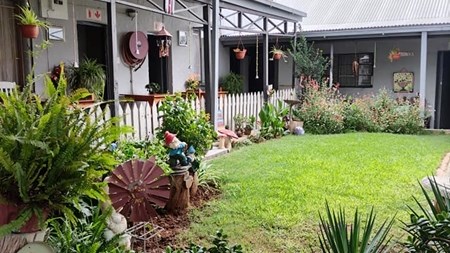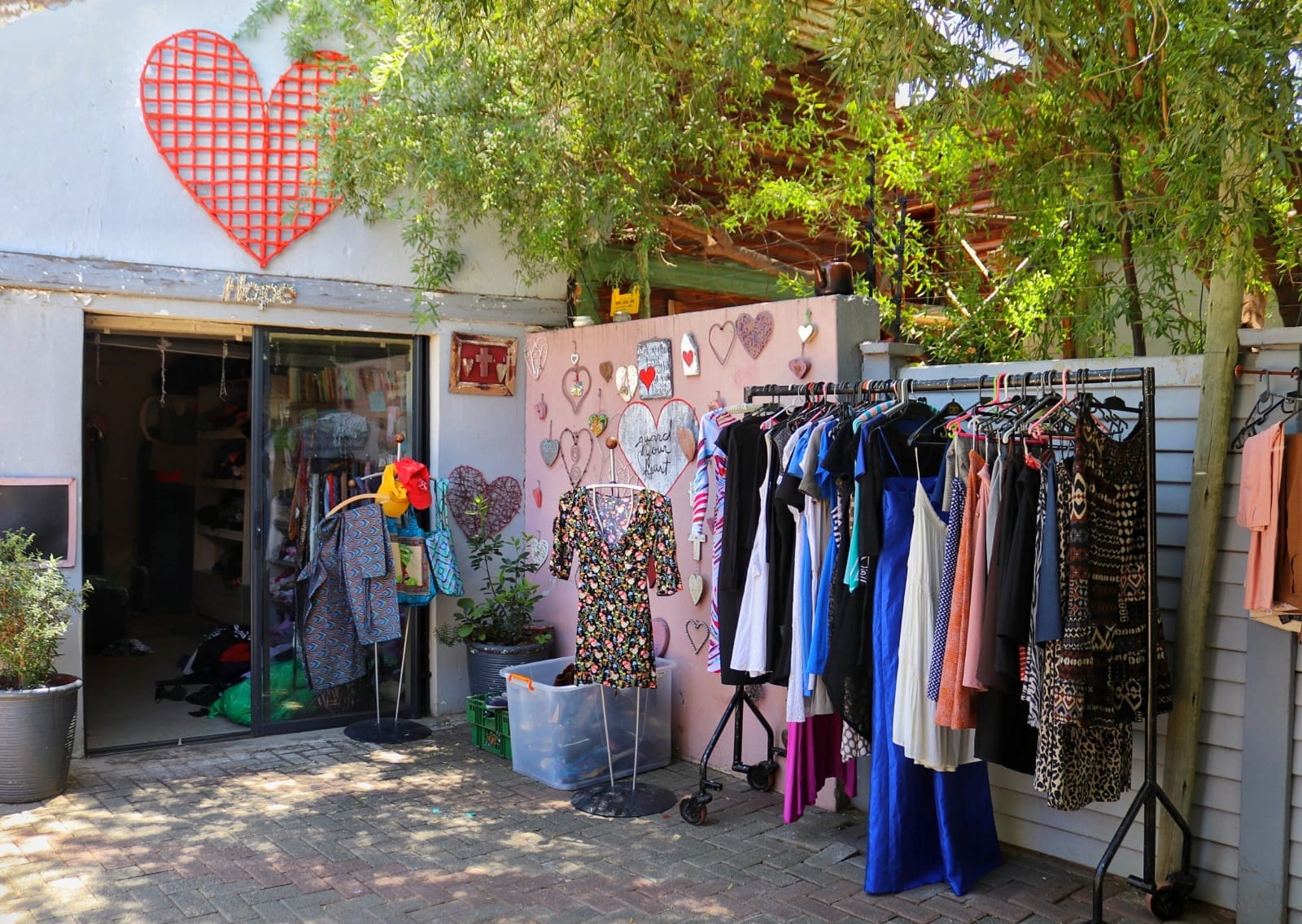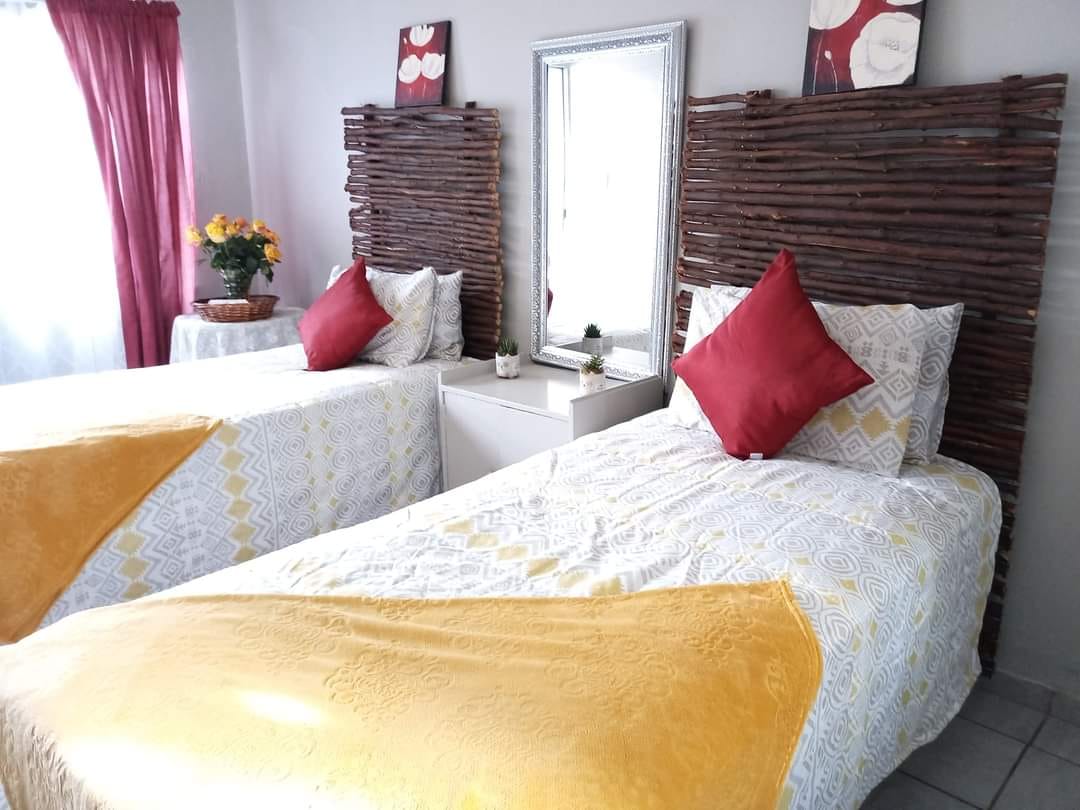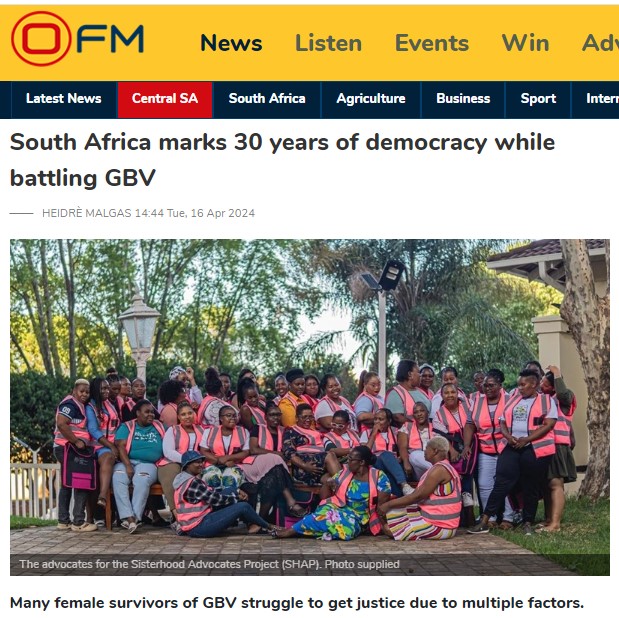Central SA
Bloem shelter struggles to cope with influx of GBV survivors─── HEIDRÈ MALGAS 13:15 Fri, 21 Jun 2024

“The shelter primarily serves women and children who are victims of domestic abuse and gender-based violence.”
Bloemfontein Shelter has seen an increase in women and children seeking refuge, many of whom are victims of gender-based violence.
“Unfortunately, it’s very challenging because we have a capacity of only 35 people. Our programme aims to empower women to become contributing members of society in the future, which makes the process complex,” said Bloem Shelter manager Heidi Morgan.
She explained because they have an empowerment programme and genuinely want to help people get back on their feet, the shelter is not a short-term solution or an overnight refuge. Residents stay anywhere from three to 18 months, sometimes even longer if necessary, to reenter society fully and confidently.
‘It is very difficult to constantly tell people we’re full’
“It’s not just the women who reach out for help; it's also people who know them – family members, concerned citizens, churches, and other NPOs and NGOs.”
“It is very difficult to constantly tell people we’re full. They often ask for a waiting list, but the issue is that the need is usually urgent and immediate. If we can't help someone right away, they have to seek alternatives. Therefore, we have a policy that as soon as a spot opens up, the next person who approaches us will be able to receive assistance,” she said.

The shelter also has a thrift shop. The shop offers the women a chance to earn commission in a second-hand retail setting. Photo: Facebook
Morgan adds that they also screen individuals for the programme to ensure they meet the criteria and are willing to become contributing members of society. The programme focuses on developing their skills, managing their wellness, and completing necessary documentation to support them moving forward.
“We do try to provide food to community members we cannot accommodate at the shelter. We also contribute clothing, especially now in winter, to help with basic needs. However, it can be challenging,” she said.
‘We have to rely on alternative means to fulfil all our tasks’
The shelter primarily serves women and children who are victims of domestic abuse and gender-based violence. Most of the women seeking help come from areas such as Heidedal, Church Street, Elrich Park, Hilton, and occasionally Langenhoven Park and Wilgehof.
The main issues the shelter faces include having sufficient blankets, ensuring the rooms are cosy enough, providing hot water for showers and baths, and securing transportation for the children to get to school, as well as for picking up food and clothes from different areas.
“Our vehicle is broken, and we have to rely on alternative means to fulfil all our tasks,” she said.
“We run programmes all the time – every week, every day. We have a garden and home management programme to help people become self-sustainable and capable of taking care of a home environment.
“We teach a variety of skills, from saving electricity and water to polishing floors, gardening, planting, and other essential household activities,” she added.
The shelter also offers a chef management programme, ensuring that every woman who stays there can prepare and create meals for up to 35 people, catering to different ages and dietary needs.
‘We help women develop skills in customer service, finance, and more’
“We have a pancake and biscuit project, and we recently started baking bread. These projects are aimed at helping people develop skills and generate income for the shelter. The pancake project, in particular, raises awareness.
“We participate in various events, such as school, hockey, rugby, and other sports activities, allowing the women to develop skills in customer service, finance, and more,” she added.
The shelter also operates a thrift shop focused on skills development. It provides the community with access to affordable clothing, and occasionally linen and related items. The shop offers the women a chance to earn commission in a second-hand retail setting.

The rooms at the shelter are cosy and warm for women and children to feel safe. Photo: Facebook
They learn skills such as keeping sales records, assessing the quality of clothing, managing sales, and handling security concerns.
“We also have a house cleaning project. Our teams clean people’s homes based on the specific needs, size of the house, and required services, for which we provide a quote,” she said.
The shelter offers wellness programmes, where a spiritual counsellor supports traumatised women.
‘Most of the women and children have experienced trauma’
Children at the shelter receive the necessary resources for their education. If they are not already enrolled in school, the shelter assists in placing them.
“As far as health care is concerned, we have strong ties with local health services, including hospitals and clinics. Therapeutic needs and health concerns are addressed by our supportive partners.”
Most of the women and children have experienced trauma. The shelter provides access to occupational therapists and mental health support to help them regain strength and improve their well-being.
The shelter also assists women in preparing for employment by helping them with their CVs and skills development.














